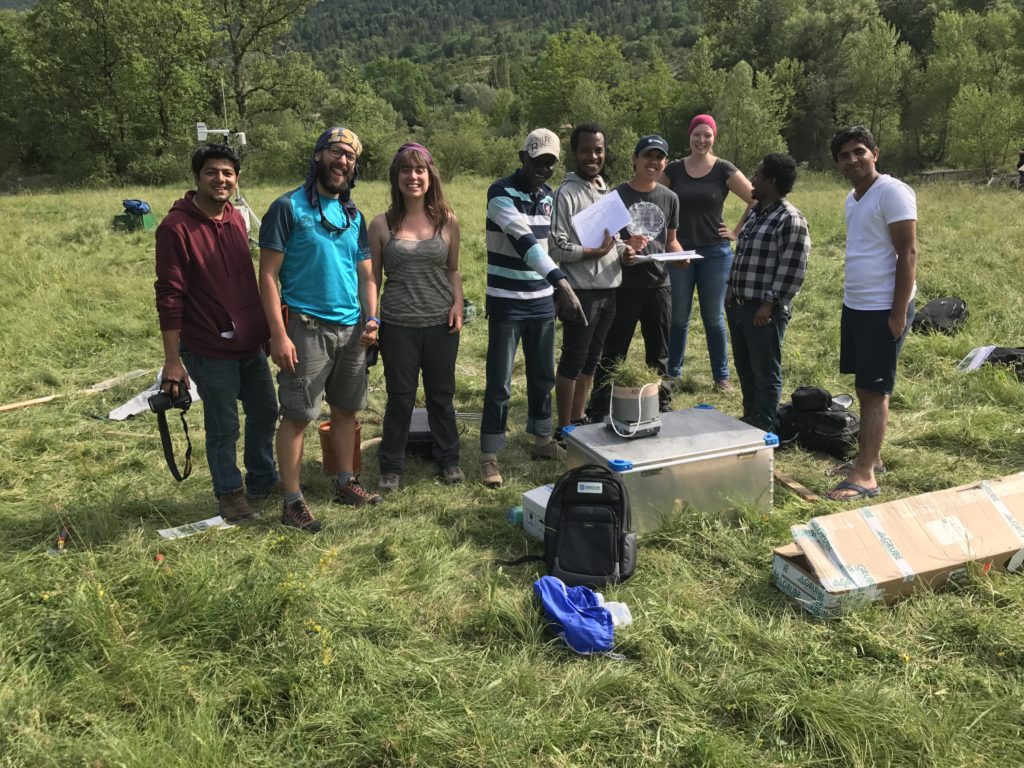One wants to work as an engineer planning water extraction plants, the other wants to advise the government on forest use. The two students meet in the module “Ecology”. This project of the master programmes “Tropical Forestry” and “Hydro Science & Engineering” at the TU Dresden provides unexpected insights.
Different knowledge
The compulsory module “Ecology” teaches students the basics of general ecology. It serves to combine various branches of knowledge effectively and open up new perspectives. While the prospective forest scientists understand the ecological facts more quickly thanks to their biological knowledge, the future engineers have an easier time modelling processes. Professor Christian Bernhofer has observed this.
The meteorologist sees many advantages in these two groups getting to know each other in the first semester and exchanging ideas with their fellow German students. “The students are enthusiastic about how they gain new and unusual insights through joint modules like these”, says Bernhofer.
Learning in the garden
Founded in 1811, the forest botanical garden in Tharandt, just outside Dresden, is an ideal place for learning about ecological issues. It belongs to the Faculty of Environmental Sciences. With its many educational possibilities, the garden is an important building block in the cooperation between the two Development-Related Postgraduate Courses (EPOS), which have long been funded by the DAAD.
Excellent marks for “Conflict Management”
Another joint module is “Conflict Management”. It is offered as an elective in the second year and provides the university with outstanding feedback. The TU Dresden sees this positive response as an incentive to continually evaluate and further develop the cooperation between the two EPOS degree courses. Now, the master’s thesis can also be written with a university instructor from the other degree course.






